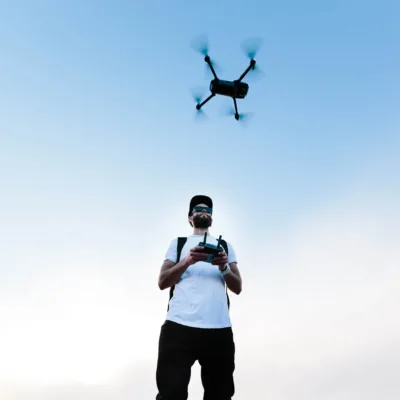
More and more people are using drones, which means more people are noticing them in the sky. The FAA gets a lot of questions when people spot drones in their communities so they have provided a fact sheet answering some of the most common ones about drone use and safety.
Who can fly a drone?
It is legal to fly a drone in most locations but there are rules.
Generally speaking, people must fly their drone as a recreational flyer or under the FAA’s Small UAS Rule, and follow all the applicable provisions.
If you’re just flying for fun as a recreational flyer, you’ll need to take a basic safety knowledge test. You also have to follow some simple rules including flying below 400 feet, keeping the drone in sight, avoiding all other aircraft, and not causing a hazard to any people or property.
If you’re flying for any other purpose, like videography or news gathering, you need to have a drone pilot certificate and follow the provisions or our Small UAS Rule.
Where can you fly a drone?
You can fly drones in most locations below 400 feet. Flying near airports usually requires authorization from the FAA.
Where can’t you fly a drone?
You can’t fly within the controlled airspace around an airport without FAA authorization; over designated national security sensitive facilities; and certain military bases, infrastructure and national landmarks; or in airspace covered by Temporary Flight Restrictions, which the FAA typically implements at the request of law enforcement for safety or security reasons. More information on restrictions is available here.

